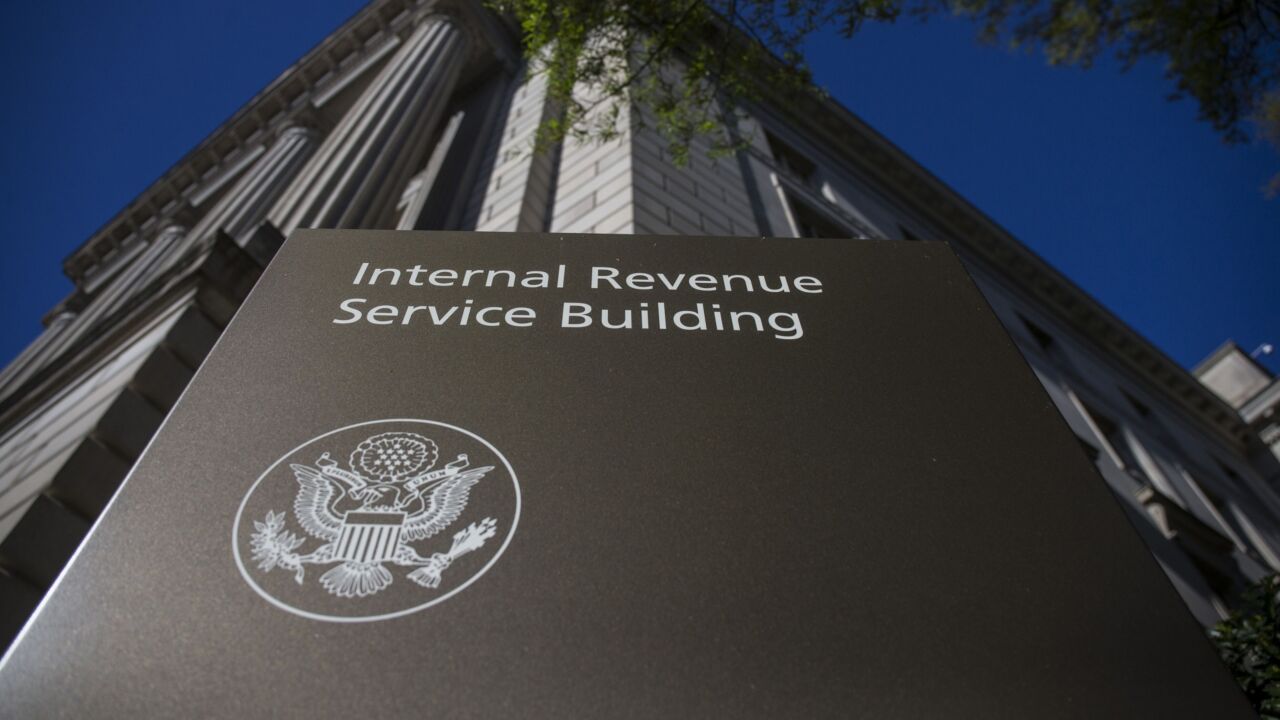The International Accounting Standards Board responded with dismay to the Securities and Exchange Commission staff report on International Financial Reporting Standards.
The SEC released its
IASB chairman Hans Hoogervorst pushed back against that position and urged the U.S. to get on board with IFRS, noting that the board is in the process of restructuring.
“IFRSs have already achieved critical mass as international standards and with more than two thirds of the G20 now on board, the momentum behind them becoming global accounting standards is irreversible,” Hoogervorst said in a statement Sunday. “We are confident in our mission to achieve a single set of high-quality global accounting standards and we continue to work to serve investors and other users of IFRSs across the world. We are at a pivotal moment for our organisation. The IASB has started working on a new agenda. The era of convergence is coming to an end. We are revamping our institutional infrastructure to provide for a more inclusive approach to international standard setting. This is the right timing to come on board and participate in shaping the future of global accounting.”
Hoogervorst’s statement seemed to imply that the U.S. could lose its influence over IFRS if it continues to resist supporting a transition to IFRS from U.S. GAAP.
Michel Prada, chairman of the board of trustees of the IFRS Foundation, which oversees the IASB, noted that the many challenges described in the report for implementing IFRS are ones that have been successfully overcome by other countries. “While recognizing the right of the SEC to determine the method and timing for incorporation of IFRSs in the United States, we regret that the staff report is not accompanied by a recommended action plan for the SEC,” Prada added. “Given the achievements of the convergence programme inspired by repeated calls of the G20 for global accounting standards, a clear action plan would be welcome. For the benefit of both US and international stakeholders, the Trustees look forward to the SEC resolving the continued uncertainty regarding the U.S.’s commitment to global accounting standards.”
Cindy Fornelli, executive director of the Center for Audit Quality, issued a reaction on Monday, urging the SEC to incorporate IFRS in the near future. “While staff recommendations of specific approaches or dates for the possible incorporation of IFRS into the U.S. financial reporting system was beyond the scope of the staff’s Work Plan, we hope the information in the report will facilitate an SEC determination on incorporation of IFRS in the near future,” she said in a statement. “The CAQ remains supportive of the adoption and universal application of a single set of high quality global accounting standards. IFRS are best positioned to be that single set of standards.”
In the United Kingdom, Nigel Sleigh-Johnson, head of the reporting faculty at the Institute of Chartered Accountants in England and Wales, pointed out Monday that the IASB will now need to look beyond satisfying the U.S.
“It does not come as any surprise that the SEC staff report does not contain any recommendation on IFRS adoption,” he said in a statement Monday. “While the lack of a firm commitment from the SEC regarding if and when IFRS may be adopted in the United States is not ideal, establishing an international set of accounting standards is an aspiration that the G20 leaders continue to support. The steady acceptance of IFRS around the world lends credence to the claim of the International Accounting Standards Board to be the prime contender for the role of principal global accounting standard setter. The fact that the U.S. is still hesitant about a radical shift away from its own high-quality standards should not be taken as any reflection on the suitability of IFRS reporting for other markets. Regardless of developments in the U.S., the IFRS Foundation now needs to adapt to a dramatically changed financial reporting landscape, with jurisdictions with diverse needs and traditions now members of the IFRS club.”
Financial Executives International also weighed in on Monday. “FEI continues to support a move to global accounting standards," said FEI president and CEO Marie Hollein in a statement. "However, we recognize there may be various paths to achieve that goal. Even among preparers, there are a range of views about the costs and benefits of possible routes to the incorporation of IFRS in the U.S. financial reporting system, among and within large and small public and private companies, and not-for-profit entities."
She added, "FEI would be pleased to assist the SEC and the FASB and IASB in any way to assist in the consideration of moving toward the goal of global accounting standards.”





